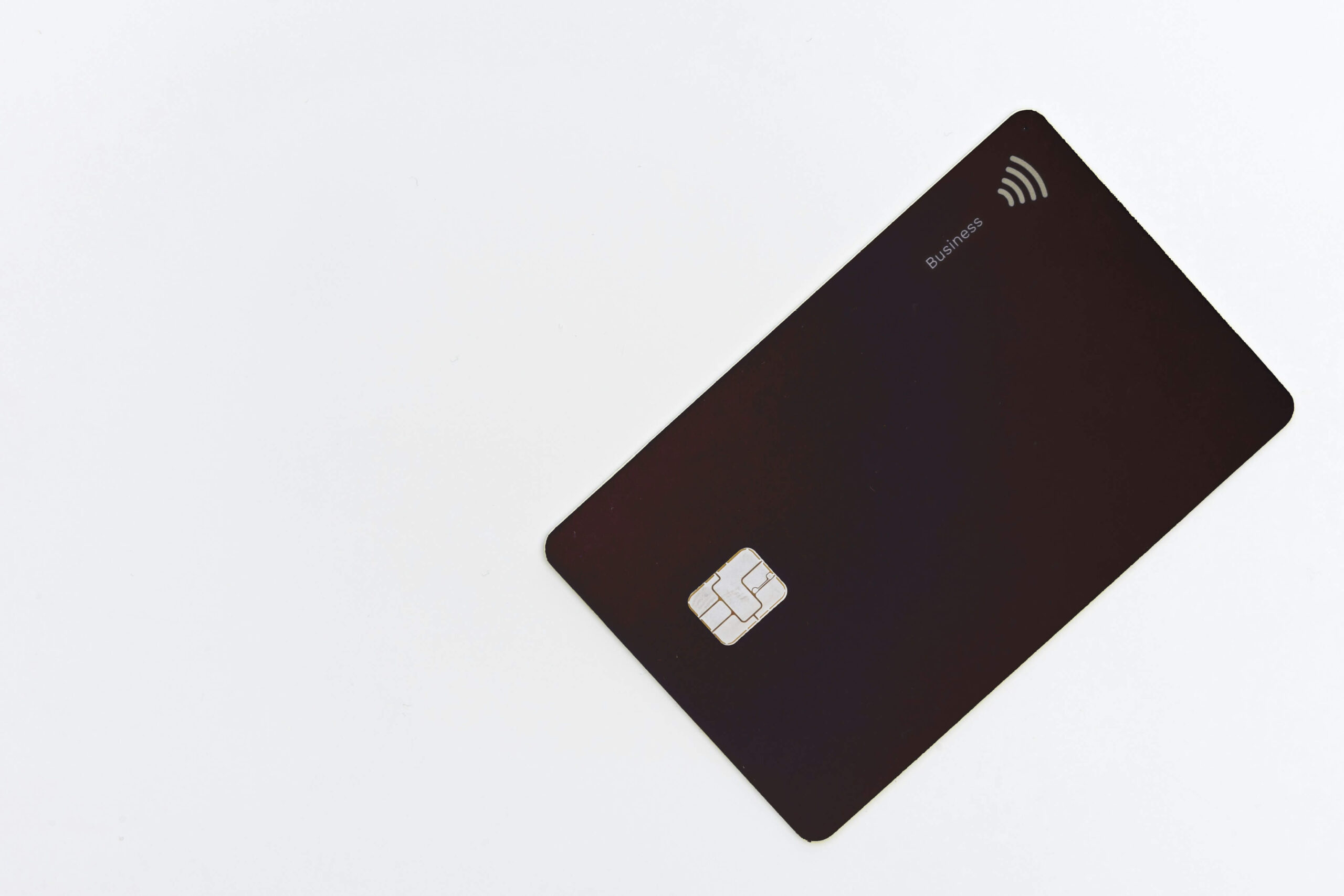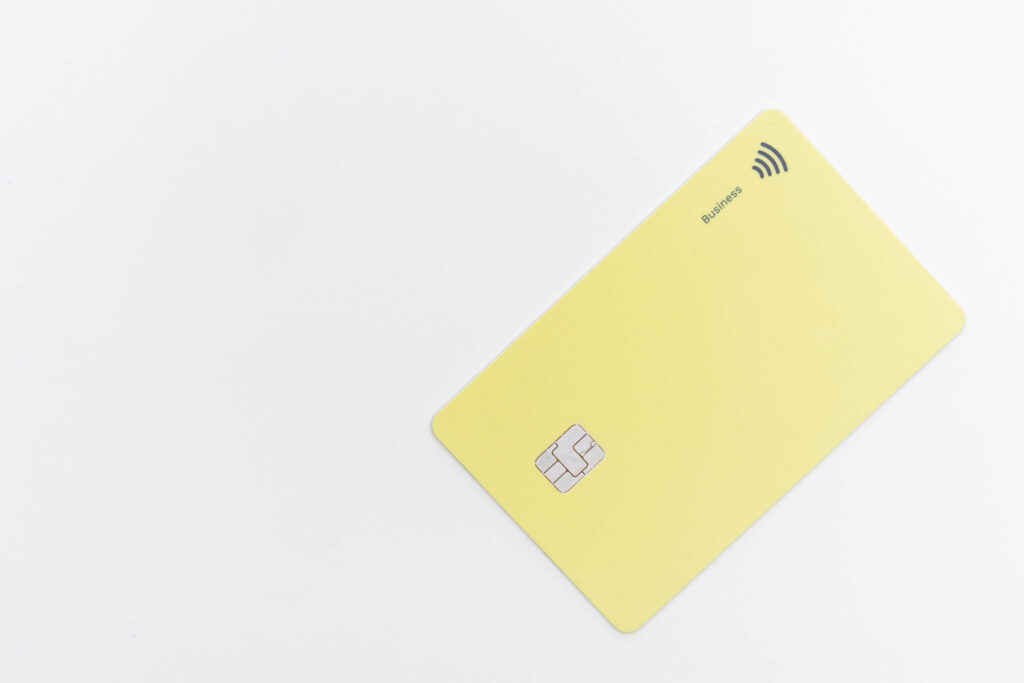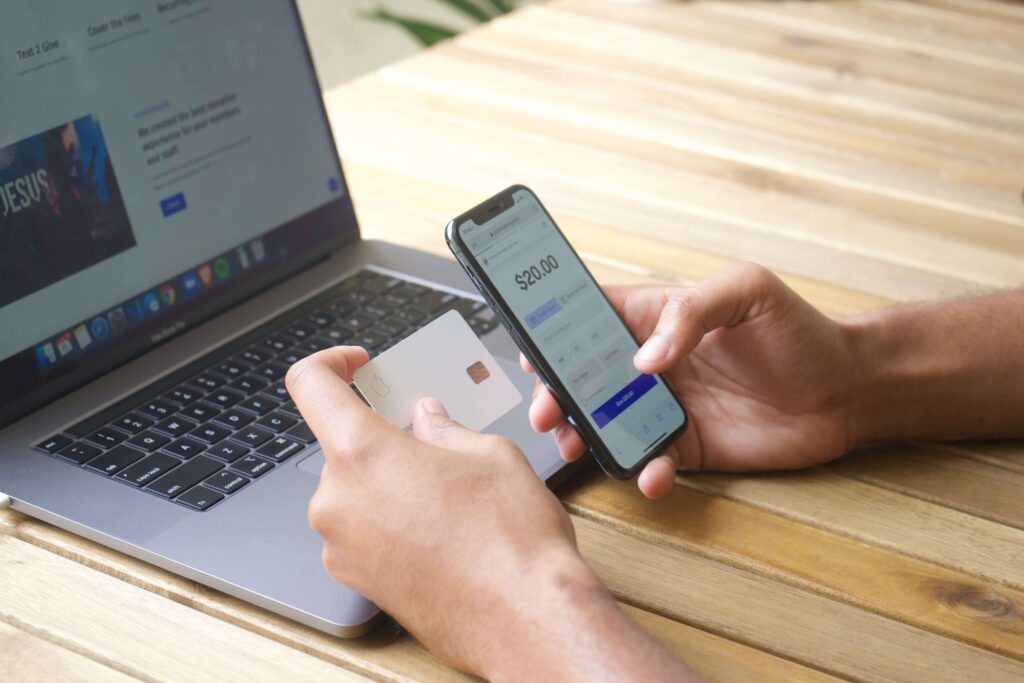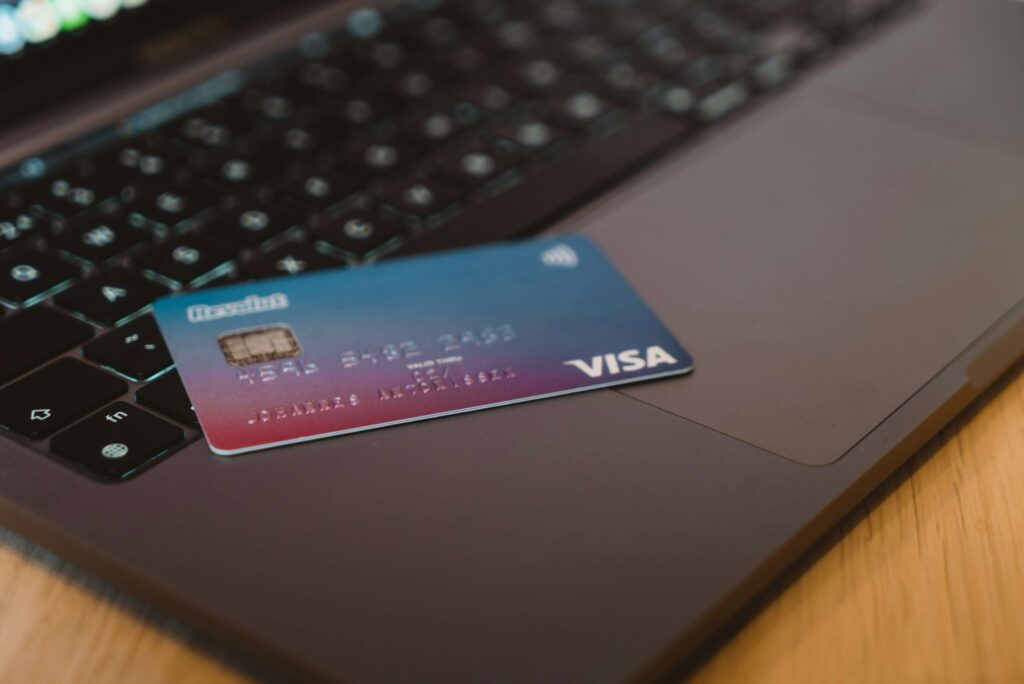Should You Get a Credit Card?

There are various tools and instruments when it comes to personal finance and one that often takes center stage is the credit card. These small plastic cards offer convenience, rewards, and lots of other benefits.
However, with great power comes great responsibility, and the decision to get a credit card is not one to be taken lightly. In this blog post, I will show you the pros and cons of getting a credit card that will help you make an informed decision about whether or not it’s the right financial move for you.
What is a Credit Card?
Before going into the decision of whether or not to get a credit card, let’s first have a clear understanding of what a credit card is.
A credit card is a small plastic card issued by a financial institution, typically a bank, that allows the cardholder to borrow funds for purchases up to a predetermined credit limit.

Unlike a debit card, which is linked directly to one’s bank account and draws upon available funds, a credit card provides a line of credit that must be repaid by the end of the billing cycle or subject to interest charges.
Key Components of a Credit Card
- Credit Limit: This is the maximum amount a cardholder can borrow on the card.
- Interest Rate: The interest rate determines the cost of borrowing if the full balance is not paid by the due date.
- Minimum Payment: The smallest amount a cardholder must pay by the due date to maintain the account in good standing.
- Billing Cycle: This is the period between credit card statements, usually a month.
- Grace Period: The time during which a cardholder can pay the balance without incurring interest charges.
Credit cards offer a level of financial flexibility and allow users to make purchases and payments without an immediate outlay of cash. However, it’s crucial to manage credit responsibly to avoid potential pitfalls associated with accumulating debt and high-interest charges.
The Pros of Having a Credit Card
Let’s take a look at some of the benefits of having a credit card.
Convenience in Times of Need
Having a credit card means having a financial safety net during unexpected expenses. Whether your car needs urgent repairs or you’re facing a short-term budget crunch, a credit card provides immediate access to funds. It’s a convenient solution when you need quick financial support without dipping into your savings.
Rewards and Perks
Many credit cards come with rewards programs, offering perks such as cash back, travel miles, or points for every purchase. Leveraging these rewards can lead to significant savings or additional benefits.
For instance, cards with cash-back features can put money back in your pocket, while travel enthusiasts can benefit from cards offering airline miles for their regular spending.
EMI Flexibility for Big Purchases
Credit cards offer the convenience of Equated Monthly Installments (EMI) for large purchases. This feature allows you to spread the cost of high-ticket items over several months.
Whether it’s a new appliance, electronic gadget, or furniture, opting for EMI through your credit card provides financial flexibility without straining your budget. This flexibility enhances your purchasing power without compromising your overall financial stability.
Flexible Payment Options for Travelers
For individuals who frequently find themselves on the move, the flexibility of credit cards stands out. A credit card offers convenience for travelers. From hotel bookings to international transactions, credit cards are widely accepted, providing a secure and flexible payment option.
Moreover, certain credit cards provide travel-related perks, including travel insurance, rental car insurance, and even access to airport lounges. These benefits can significantly enhance your travel experience.
Building Credit History
Obtaining a credit card is crucial for building a credit history. Without a track record, securing favorable terms for car loans, mortgages, and other financial tools can be challenging. Credit cards report your payment history to credit bureaus, positively impacting your credit score if you consistently meet your due dates.
The Cons of Getting a Credit Card
While credit cards offer various advantages, it’s essential to consider the potential drawbacks.
Interest and Fees
One of the most significant drawbacks of credit cards is the potential for high-interest rates and fees. If you carry a balance on your card, you may end up paying substantial interest. Late payments and exceeding your credit limit can also result in additional fees.
Temptation to Overspend
The convenience of a credit card can lead to impulse purchases and overspending. It’s easy to lose track of your budget when you’re not physically parting with cash.

Without careful monitoring of your spending habits, you may find yourself accumulating debt that becomes challenging to pay off.
Credit Score Impact
While responsible credit card use can positively impact your credit score, mismanagement can have the opposite effect.
Late payments, maxing out your credit limit, or having too many open credit accounts can harm your credit score. A low credit score can affect your ability to secure favorable loan terms in the future.
Debt Traps
Credit cards can become debt traps, especially if users carry balances over extended periods. High-interest rates, compounded by low minimum payments, can result in substantial interest charges, making it challenging to pay off the principal amount.
Complex Terms and Conditions
Credit card agreements often contain complex terms and conditions that may be challenging to comprehend fully.
Hidden fees, changing interest rates, and intricate penalty structures can catch cardholders off guard. Thoroughly reading and understanding the terms is crucial to avoiding unexpected financial consequences.
Should I Get a Credit Card?
The decision to obtain a credit card should align with your financial goals, lifestyle, and commitment to responsible usage.
Before deciding, ask yourself if you have a disciplined approach to budgeting and if you can resist the temptation of impulse purchases. Evaluate your understanding of credit card terms and conditions. Additionally, assess your long-term financial objectives, such as building credit history for future investments.

Another important factor to consider is the interest rates and fees associated with credit cards. High-interest rates and hidden fees can significantly impact your overall cost of borrowing.
If you already have outstanding debts, formulate a debt management plan. A credit card can be a valuable tool if used responsibly, but it’s vital to avoid falling into a cycle of debt.
By thoroughly examining these considerations, you can make an informed decision about whether a credit card aligns with your financial situation and goals.
Remember, responsible credit card usage is fundamental to reaping the benefits while avoiding potential pitfalls.
Tips for Credit Card Users
And if you have already decided to have a credit card, here are some tips to manage it effectively –
- Avoid late payments at all costs. Set up reminders or automatic payments to ensure your bills are paid on time.
- Never settle for paying only the minimum due. Try your best to pay the full amount each month.
- Before making any purchase with your credit card, ask yourself if it’s a necessary expense.
- Regularly review your credit card statements. This practice helps you identify any unauthorized transactions promptly and allows you to keep a close eye on your spending patterns.
- If your credit card offers rewards, understand the redemption options and use them strategically. Maximize benefits like cash back, travel points, or discounts according to your preferences.
- Avoid using your credit card for cash advances because they usually involve high fees and start accruing interest immediately. If you require cash, consider exploring other borrowing options for a more cost-effective solution.
The Bottom Line
Credit cards offer benefits like convenience and rewards, but responsible use is crucial. Assess your budget discipline, understand terms, and consider long-term goals.
Be wary of high-interest rates and potential debt traps. A well-informed decision is key to maximizing benefits while avoiding pitfalls.
